Contents
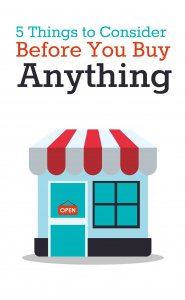
It seems that a lot of us have similar problems; namely keeping control of our money so it doesn’t melt away like a snowflake in the sun.
Today then I’d like to take a few minutes to consider the psychology of spending, and the questions you should be asking yourself every time you pull out your debit card.
By being more conscious about our spending we can not only gain a better understanding of where our money goes, but also help to elinate unnecesssry spending. Furthermore, in those cases where we do spend money we can be certain that we’re getting the best value possible.
Ready? Then let’s get to it…
How Much Pleasure Will This Bring Me?
Sometimes we spend money because we need to – we’re talking about things like your rent or mortgage, or insurance for your car. But just as often we spend because we want to – things like vacations, meals out, gadgets and even some of the more “luxury” foods from the grocery store.
One of the core rules provided in best-selling book Your Money Or Your Life (one of my favorite personal finance books of all) is to consider the enjoyment you get from a purchase. The goal is to minimize your spending on things that bring you less pleasure and yet willingly spend on those things that do.
Let’s be honest here for a moment: how many things have you bought in the past that you soon got bored with? Maybe there was a gadget you longed for, eventually ended up purchasing yet within months (or even weeks) the novelty had worn off.
Buying a new car might be an example. For some people, investing in a new (to them) car can be a constant source of pleasure and pride. Every time you get into your gleaming automobile you congratulate yourself for your purchase. For other people, however, despite the initial flush of excitement on buying a new car, within months it’s just “a car”. The pleasure has gone – and they could get just as much enjoyment from a car that cost half as much.
Time and again we spend money on temporary pleasures that fade soon afterwards. Not always, but often.
So the first question to ask yourself is not only how much pleasure a certain expense will bring you – but also just how long that pleasure will continue. Be honest with yourself. Will that jetski really be used every weekend for years to come, or will it soon get parked at the back of your garage to gather dust?
What Is This Item’s Longevity Likely To Be?
Frugal doesn’t always have to mean cheap; more correctly it is about value rather than price. This is one reason why some frugal people buy fewer items – but buy the highest quality they can afford. If a cheap garden fork breaks in it’s first season, but the the one that costs twice as much is still being used a decade later which one is really the bargain?
Another example might be a digital SLR I bought some years ago for a month-long trip to Costa Rica. I certainly felt like I got my money’s worth while away and came home with literally thousands of photos that will live with me for years to come.
The downside that I discovered on my return home was that it is such a big and impressive camera that it’s actually quite impractical to carry around on a family day out. As a result it got relegated to a shelf in my office and I instead tend to rely far more on my iPhone camera. The longevity of that camera was measured in a matter of weeks because I hadn’t considred the long-term use.
In other words before buying anything try to imagine just how much use you will really get from it. Will you still be deriving pleasure from the item in months or even years in the future? If so it could be a good purchase. But spending $50 on a fancy dress outfit you’ll wear just once? Maybe your money could be better spent elsewhere…
Do I Really Want It?
What would you buy if you won the lottery; if money were no object. I, for example, might consider investing in a small sailing boat, or a big home cinema system. In all honesty I probably could buy them now – but the reason I haven’t is because I have higher priorities. Right now my goals are financial stability (building up savings) and planning for the future (investing in a business). These are things I want far more than a home cinema system.
I hate relying on credit, so wherever possible I budget carefully and save up for an item before buying it. And yes, that includes expensive purchases like cars. That means that there’s generally a “lag phase” between deciding that I want something and actually buying it – especially for larger items.
A few months ago I decided that I’d quite like a tablet. Not an iPad – far too expensive – but one of the cheaper-but-just-as-good models. I did my research and found a model I liked, then I got saving. However before I reached the sum of money I was aiming for a funny thing happened; I realized that I’d just been caught up in the excitement of a few friends who had purchased tablets recently. I’d seen them showing off, playing games and having fun and decided I needed to be part of that action.
However with time I realized I wasn’t really bothered. I have a laptop and a smart phone and between the I can do virtually anything a tablet can – and a lot more besides. I’d lost sight of the reality and was tempted to buy something totally unnecessary.
So before you go pulling out your debt card (not credit card, please!) and buying something on the spur of the moment, try to take some time to really consider the item. Do your research, think about its use and how much you really want it. There’s a reason that “post purchase remorse” has become a well-known phrase – because many people lust after a certain purchase but then find the reality doesn’t really match up to their expectations. Will yours?
Could I Reuse, Borrow Or Rent It?
If we want something it’s natural to want to buy it. Just like my camera mentioned earlier. But spending your hard-earned cash isn’t the only option. You might be able to borrow or rent the same item for a short space of time, thus saving you money in the long term. Thinking about it I have a number of friends with cameras just as nice as mine and I’m sure I could have borrowed theirs. That would have saved me hundreds of dollars.
An example of one way I recently saved money was by borrowing a friend’s tent for a camping trip. I already have a small tent but a group of us were heading away so we needed a bigger “communal” tent. Rather than buying a tent that we might never use again, however, we just asked around. Soon enough a friend offered to lend us theirs and we avoided an expensive and unnecessary expense.
Could I Find It Cheaper Elsewhere?
We live in a world of competition, with businesses desperate for your dollars. If you do decide to go ahead on a purchase, therefore, make sure you’re getting the best price. Be willing to shop around, compare prices or possibly even negotiate. You’ll be astonished how much you can save sometimes, and there are an assortment of tools tha will do most of the hard work for you.
Conclusion
When it comes to living on a budget and putting money aside for a rainy day one of the biggest lessons to learn is to only make “considered” purchases. Don’t just blow your money left and right without carefully thinking about any expense. Try applying the above simple questions whenever yout’re tempted and see just how much unnecessary spending you can really save.


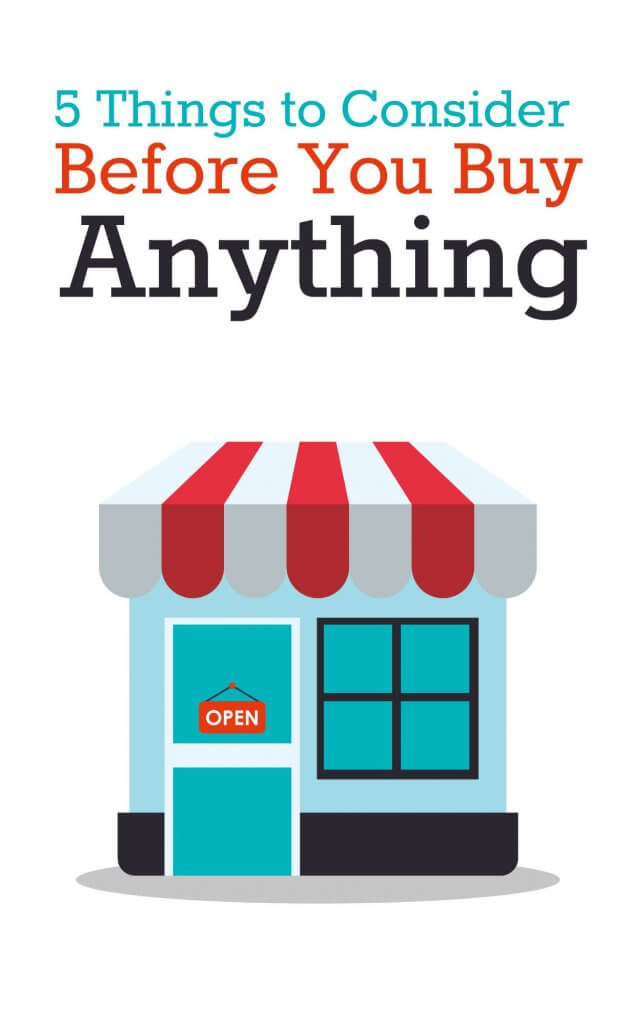
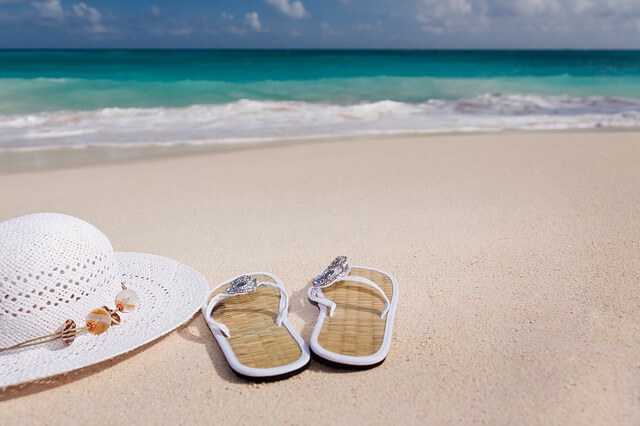


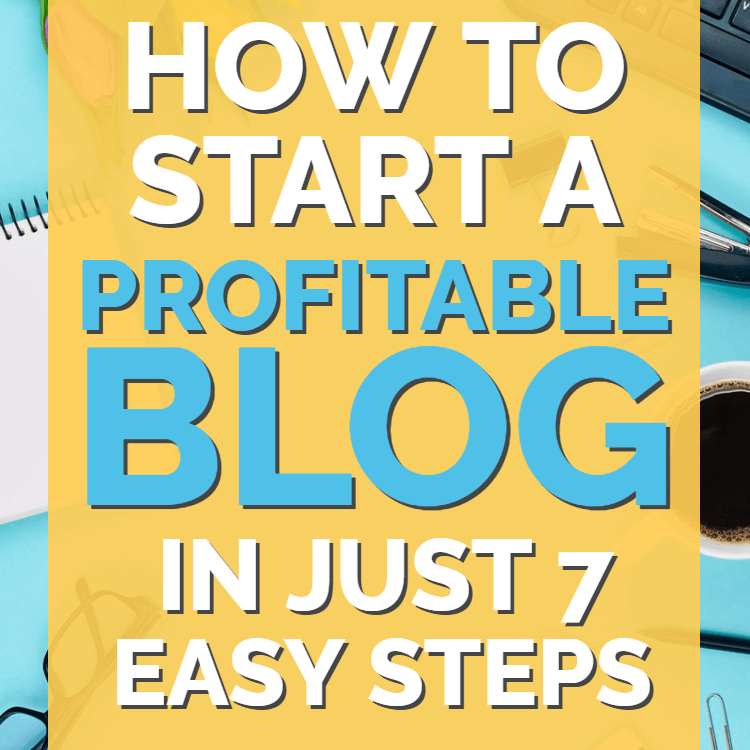

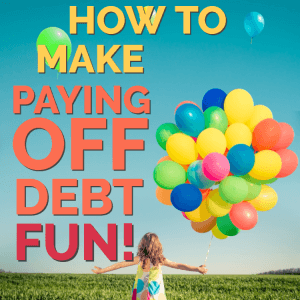
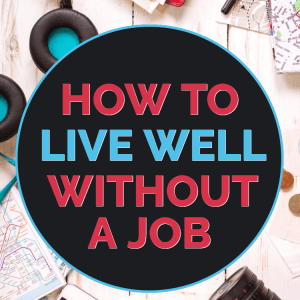
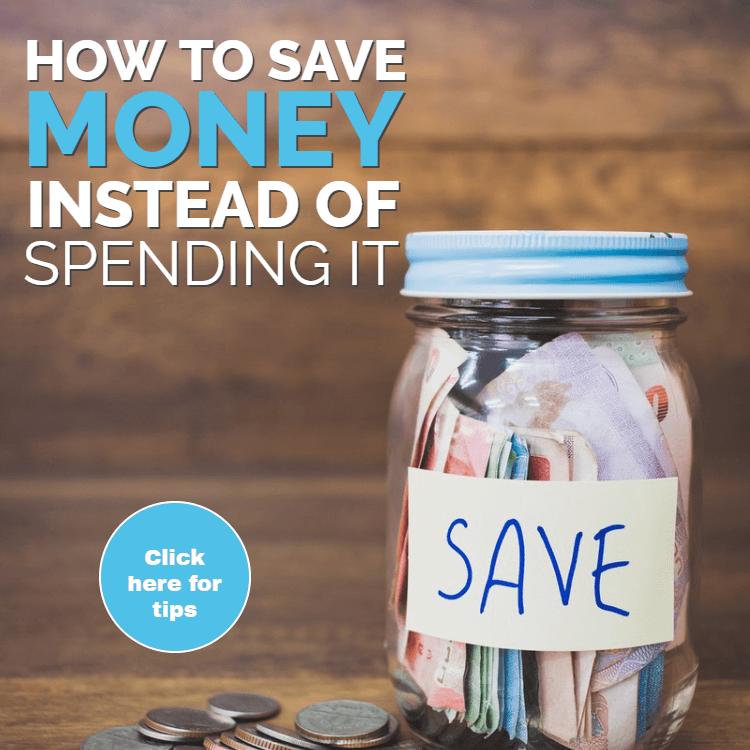
Add comment